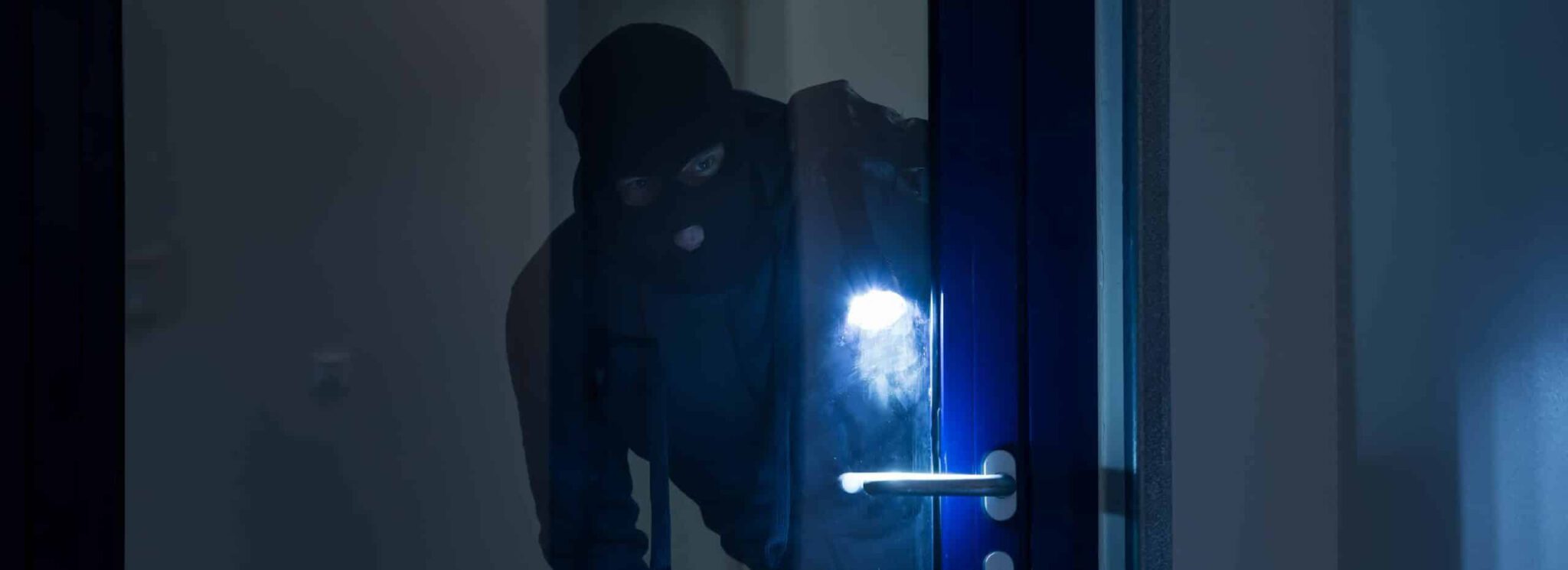We’ve said it before, and the data proves it. People who rent apartments want to know they are living in a safe place. They ranked it among the top two considerations when choosing a place to live. It’s your job as a property owner or manager to create that for them, especially if you want them to stick around.
Here are 4 things you can do to help make your residents feel secure.
1. Assess your property and procedures
An assessment of your property is one of the best ways to improve its security. Evaluate the perimeter of the property. Do you have a fence or gate? What about landscaping? Are there areas of concern? Are there possible places for people to hide? How is your lighting?
Take a good look at common areas like lobbies, mail centers, parking areas and storage facilities. Are there security measures in place for these areas?
Do you have policies and procedures that your residents know? Do you keep them updated on changes?
2. Maintain the property
Conduct regular inspections of your property. Make sure the lights come on at night and all walkways, parking areas, stairways, elevators and other common areas are well lit. Criminals seek out dark areas where they can hide their activity. You also want to make sure surveillance cameras can easily see things. In addition, you should perform monthly checks to monitor any changes that may block light, like blooming trees and shrubs.
If any damage does occur, clean it up immediately. A property covered in vandalism and damage sends a message to criminals and potential residents that you don’t care about security.
3. Be proactive
Encourage a sense of community. Help residents get to know each other through common areas, a sponsored event, and technology. For example, you can set up a residents-only online community with information about upcoming social gatherings, news about the community, and services provided by residents.
Use the online community to communicate security tips. Encourage tenants to watch for strangers hanging around the apartment building and anything that looks suspicious or out of place.
4. Evaluate your Security Options
Do you currently have a security system in place? Many properties opt for security guards to patrol and monitor their community. Having human presence on-site can make people feel safer. However, there are several risks associated with this option.
Liability
We’ve written many times about the lack of training and regulations in the U.S. as they relate to security guards. This deficiency can lead to under-qualified guards not always following the proper protocols. They may even choose not to intervene in a situation for fear of getting injured or killed. According to the Bureau of Labor Statistics, security guards are more likely to be fatally injured while working, especially by homicide. Some guards may feel they don’t get paid enough to put their lives on the line.
Limited Site Coverage
On-site guards are limited in what they can see. If they are on patrol, they can only see what is in front of them. Often, large sites can take a significant amount of time to get around and can be challenging or even dangerous to navigate. That also means a large part of the property is left vulnerable when the guard is walking around.
Cost
Guards may not be economical for some properties. Take this example:
An apartment building utilizes a guard every night from 6 p.m. to 6 a.m. and 24 hours on weekends. That’s around 432 hours a month. According to the Salary.com, the average hourly pay rate for a security guard is $16. That number can be a bit higher based on a variety of factors including experience level and whether the guards are armed or not. Based on that rate, the apartment is paying an average of $6,912 per month, or $82,944 per year for one guard.
Are there ways you can improve your security without increasing spending, and maybe even save money? The answer is yes.
Live Video Monitoring
As technology continues to become more effective, efficient, and less expensive, more companies are augmenting or replacing traditional security guards with live remote video monitoring. Remote video monitoring is the ability to view onsite security cameras and other related equipment off-site. Top tier remote video monitoring firms leverage state-of-the-art video technology, advanced analytics, and human intelligence to help identify and deter crime before it happens – for up to 60% less than the cost of traditional guards.
Live video monitoring offers many of the fundamental advantages of a physical security guard and more, including:
- Quicker police response
- Extensive site coverage
- Cost savings
- Video review
- System health check
Innovative security solutions can not only help reduce theft at your multifamily residential property, they can increase the marketability and become the deciding factor for potential residents who are considering other options.
For more information security tips, download our free Guide to Securing Your Multifamily Residential Property, or contact us.

